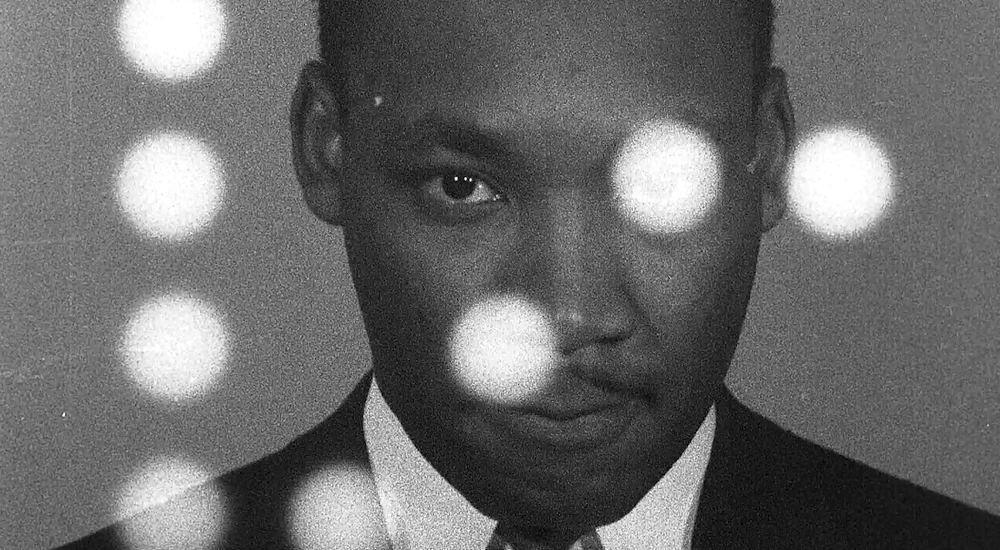"You are either for us or against us."
The life of Martin Luther King, Jr. has been heavily documented. In both multimedia and text, stories depicting the iconic civil rights activist are plentiful, leaving very few details of his life unknown. But that all changed when a new set of documents became unclassified, ripping the lid off an investigation while raising eyebrows concerning moral and ethical standards within one of the government's most prestigious departments.
Through these documents, historians are beginning to better understand the length and depth of the FBI's surveillance and harassment of the iconic leader. Director Sam Pollard dives headfirst into these new revelations, expanding upon what we already know concerning the political side to Reverend King's influence, notably regarding his relationship with Bureau Director J. Edgar Hoover.
MLK/FBI employs a healthy amount of archival footage, never turning the camera on the speaker, relying almost entirely on voiceover interviews from prominent historians and FBI personnel. The move allows enough space for the visuals to speak freely, removing unwanted distractions while keeping the focus prominently on the subject at hand. Pollard made this creative decision early in the process; his execution adds another layer to the film's large scale effectiveness.
Though successful, the decision is an ambitious one. Many people have witnessed a wealth of footage taken during the Civil Rights Movement of the 1950s and 60s. Finding unseen visuals to differentiate this film wasn't an easy task. But Pollard doesn't shy away from his vision. Compiling video and photographs from the era, along with the occasional reenactment, he solidifies the narrative, examining the extent the government went to cast doubt on a group's national leader.
Though most of the film focuses on King and Hoover's strained relationship, there is a tangent that centers more heavily on the Bureau. The deviation doesn't unveil anything unexpected, at least not compared to that of the MLK documents; however, the dive into the FBI's identity under its longest-reigning director does prove interesting.
That said, Pollard never ventures too deep into the political side of the situation, opting to focus primarily on the legal and moral questions surrounding the FBI's actions. From wiretapping phones and bugging hotel rooms to threats of self-violence, the lengths they went to intimidate were undeniably extreme. Their obsessiveness with King's marital affairs only strengthens the argument that neither his actions nor intentions called for such treatment.
In that same vein, Pollard works hard to educate without lecturing. Finding that balance isn't always easy, and many similar films have fallen victim to the emotions. But Pollard instills a sense of confidence in the film and bears a degree of responsibility in its telling. It has to have room to breathe so that it can speak for itself; no shouting necessary.
Ultimately, MLK/FBI proves itself an articulate, complete, and stylistically sound presentation that further expands on a subject with which most are familiar. It's a haunting reality check, especially given the events of the last week, and even more so frightening as the film effortlessly reminds us of our history. In direct contrast to the film itself, what we see isn't pretty. But alas, education doesn't have to be favorable to be purposeful; Pollard more than understands that. We need a wake-up call. MLK/FBI provides us that opportunity.
*This film is available via theaters and VOD platforms.

